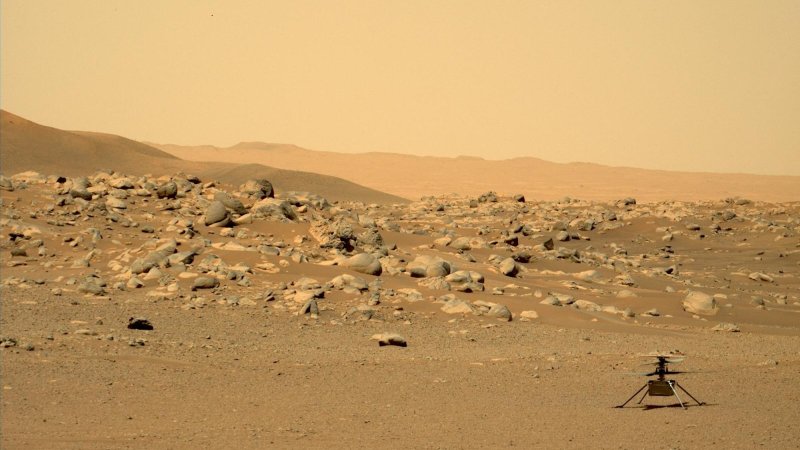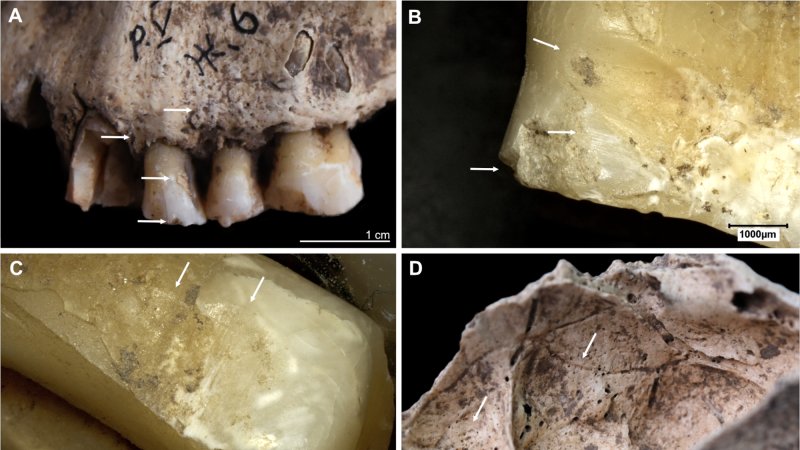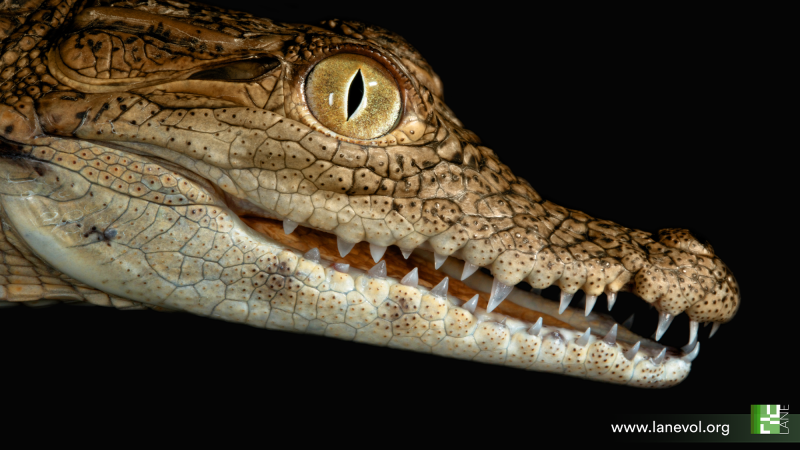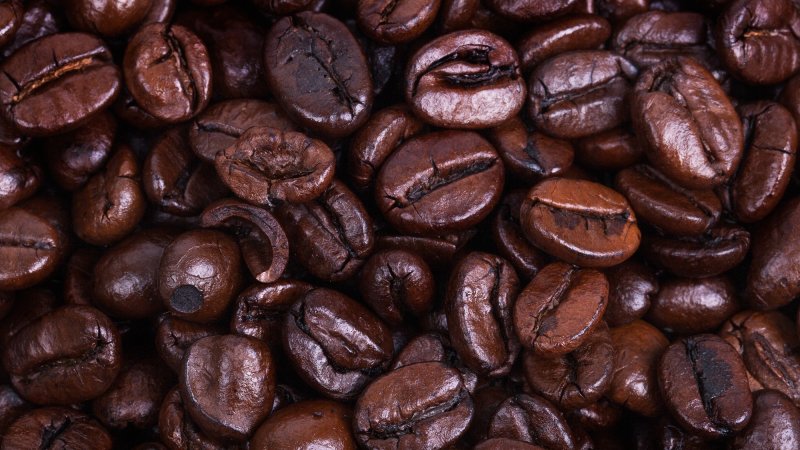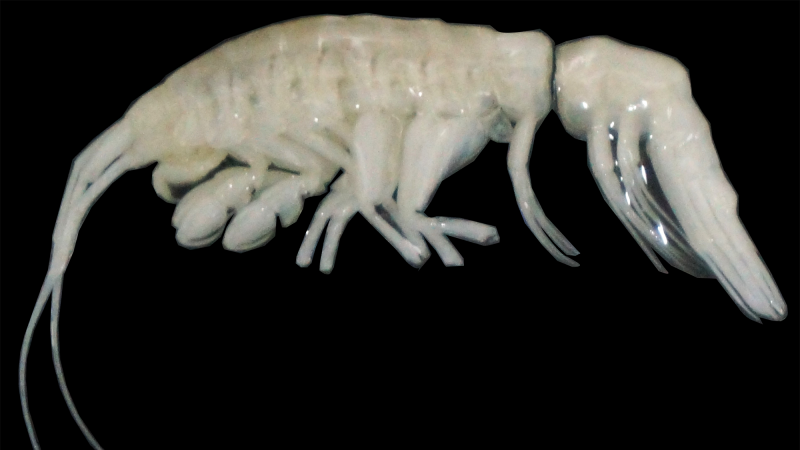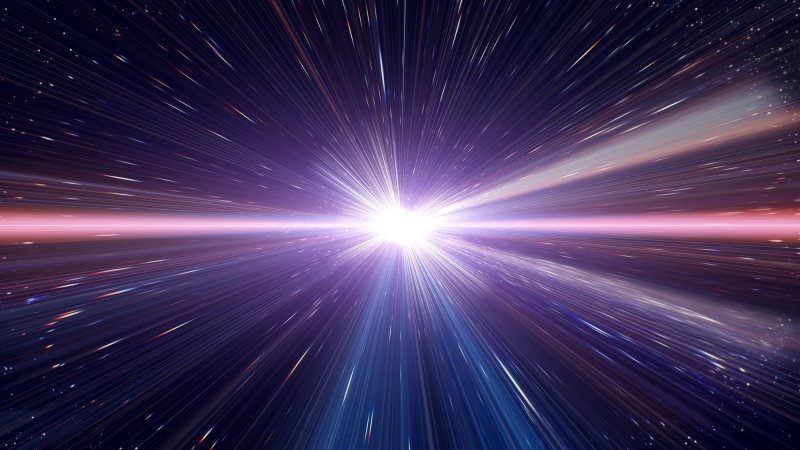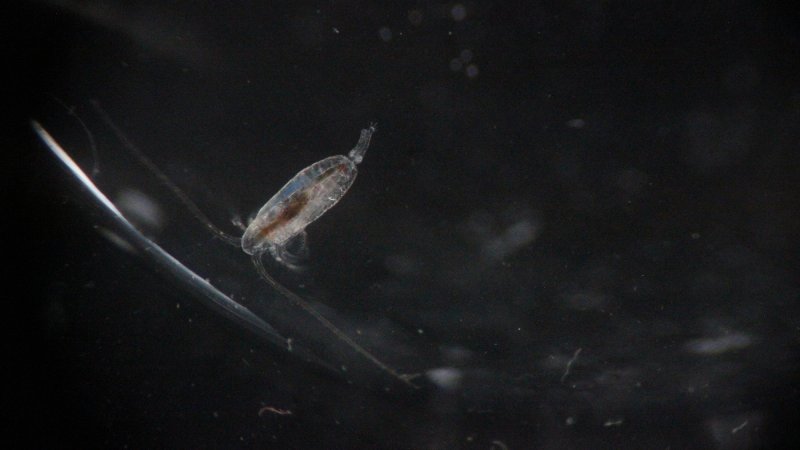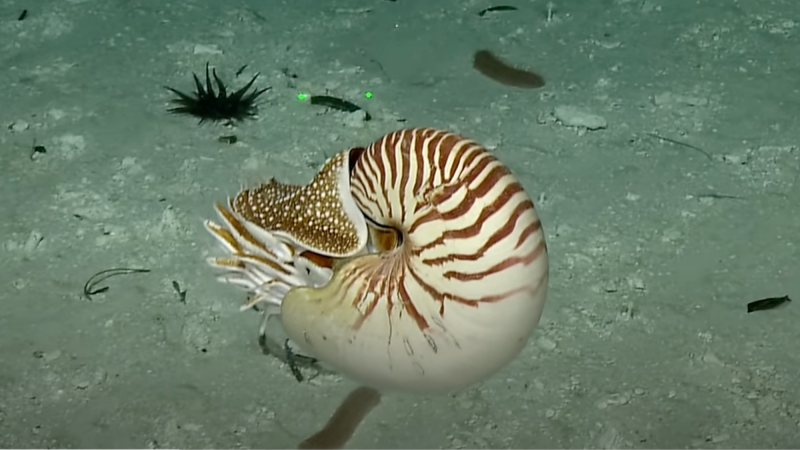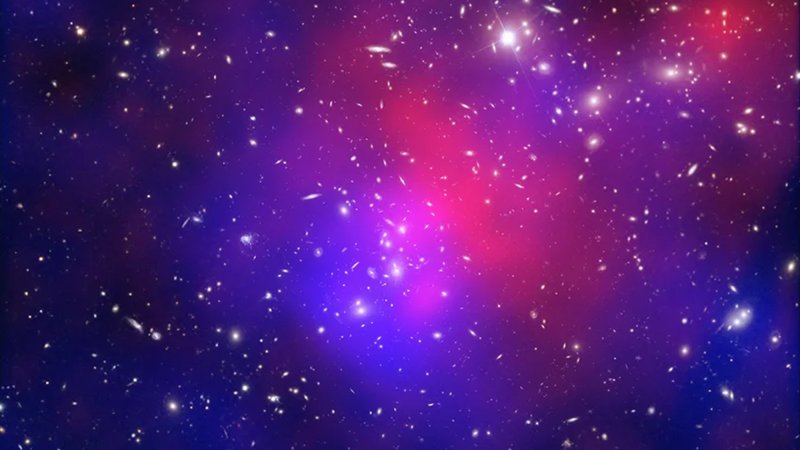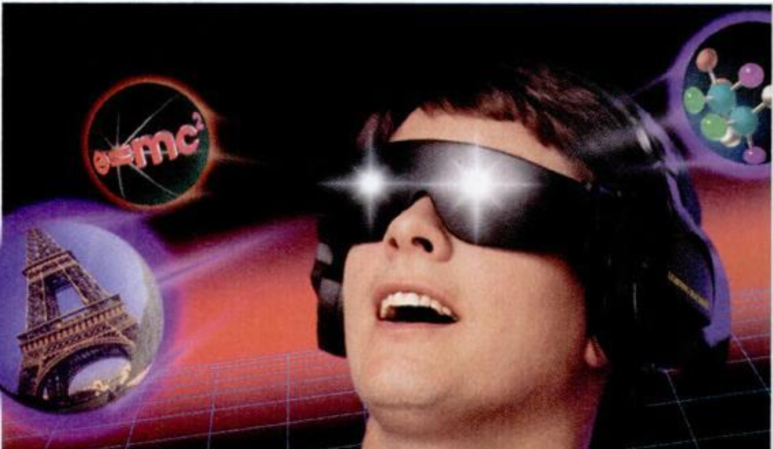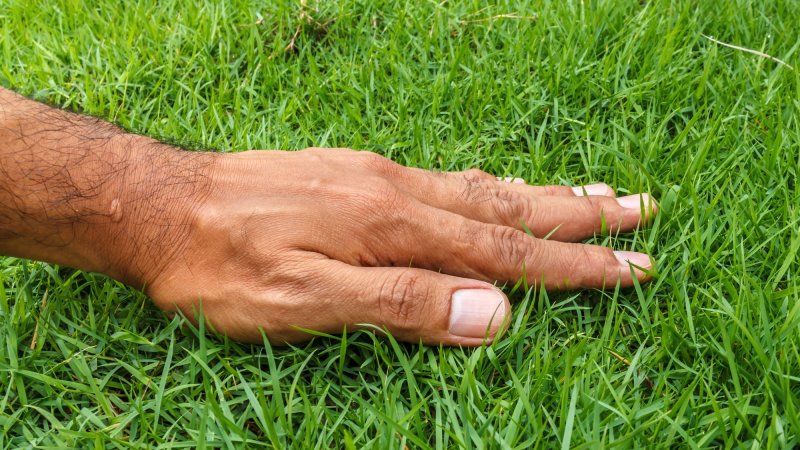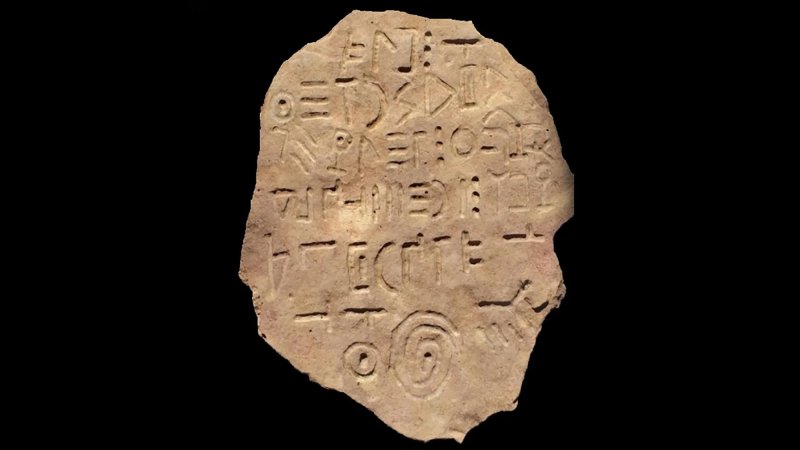Science
Science spans our understanding of how Earth and the cosmos work. Get the biggest news on biology, physics, space, dinosaurs, and more—along with the latest episodes of the Ask Us Anything and Weirdest Thing podcasts.
Explore Science
-
Announcements
-
Archaeology
-
Ask Us Anything
-
Biology
-
Dinosaurs
-
Physics
-
Popular Science Videos
-
Science Fiction
-
Space
-
The Weirdest Thing I Learned This Week
Latest in Science
1
2
3
4
5
6
7
8
9
10
11
12
13
14
15
16
17
18
19
20
21
22
23
24
25
26
27
28
29
30
31
32
33
34
35
36
37
38
39
40
41
42
43
44
45
46
47
48
49
50
51
52
53
54
55
56
57
58
59
60
61
62
63
64
65
66
67
68
69
70
71
72
73
74
75
76
77
78
79
80
81
82
83
84
85
86
87
88
89
90
91
92
93
94
95
96
97
98
99
100
101
102
103
104
105
106
107
108
109
110
111
112
Get the Popular Science newsletter
Breakthroughs, discoveries, and DIY tips sent every weekday.
By signing up you agree to our Terms of Service and Privacy Policy.
